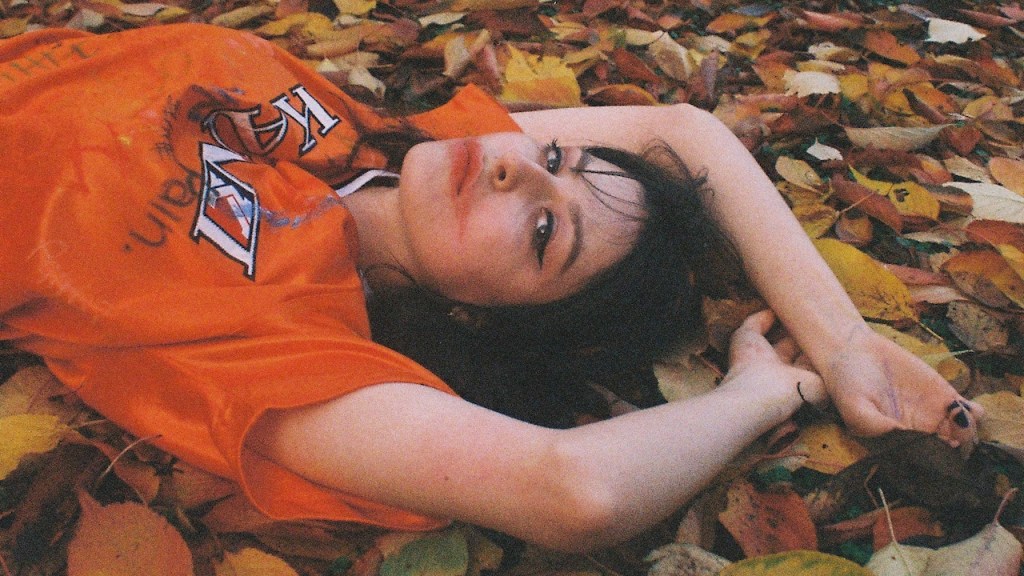Music Feeds’ Love Letter To A Record series asks artists to reflect on their relationship with music and share stories about how the music they love has influenced their lives.
- Aotearoa-based alt-pop artist Josie Moon has just released her debut album, Paint Me How You Need Me, a 12-track collection of forward-thinking pop music. Moon pens a love letter to one…












